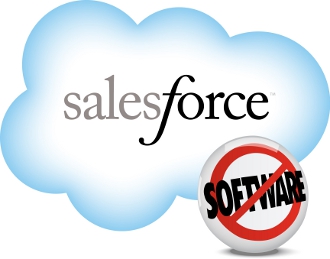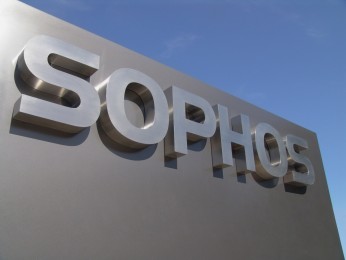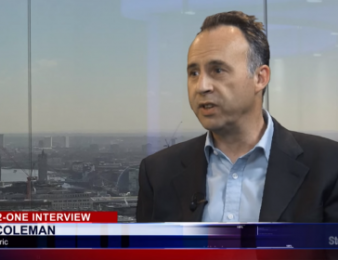 The Campaign for Clear Licensing (CCL) has lashed out at the “anti-competitive” tactics of software vendors and said that Oracle is the “big bad wolf” of software auditors.
The Campaign for Clear Licensing (CCL) has lashed out at the “anti-competitive” tactics of software vendors and said that Oracle is the “big bad wolf” of software auditors.
CCL found licensing audits were taking an average of nearly 200 work-hours to resolve and Oracle was the worst offender.”
The research asked respondents to estimate how long an average software audit takes to resolve in work hours and total duration. The average estimate was 194.15 working hours over a duration of 7.13 months.
CCL feels that big vendors are using audits to block competition and restrict innovation. While customers are locked in a room talking with the big vendors about audits, they are not looking at alternatives.
The 194 hour figure has gone up over the last five years because software licensing, and therefore the audit process, has become more complex, CCL said.
Oracle was named and shamed by nearly a quarter as the least helpful vendor in terms of audits. IBM and Microfocus were second and third, ahead of Microsoft, Autodesk, SAP, Adobe, Dell Software and HP.
Although Microsoft was seen in CCL’s survey as the most helpful vendor in terms of audits it did catch a bit of criticism. CCL did not like how previous compliance misdemeanours might be overlooked as long as the customer adopts the software publisher’s strategic products.
“…While less aggressive, this approach is still anti-competitive and it assumes the vendor’s cloud solution is the most viable option.”



















